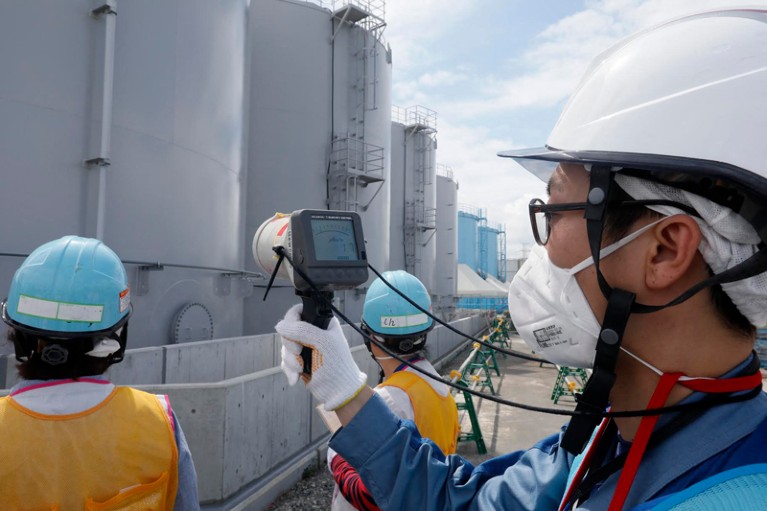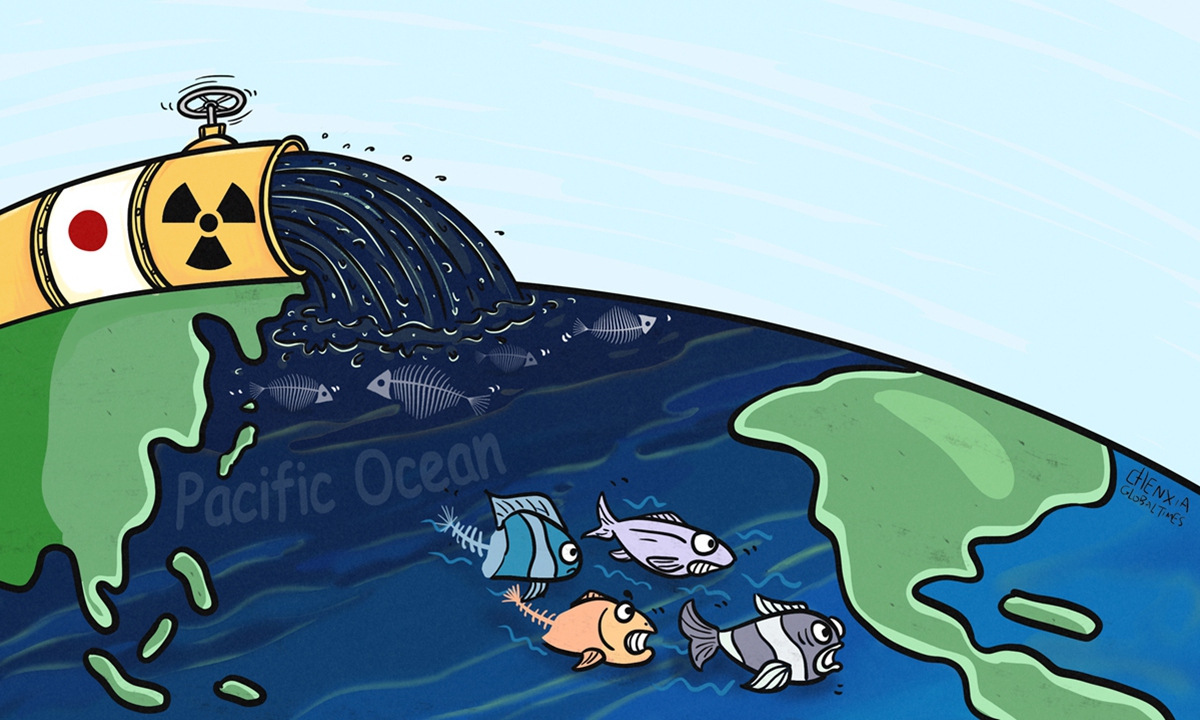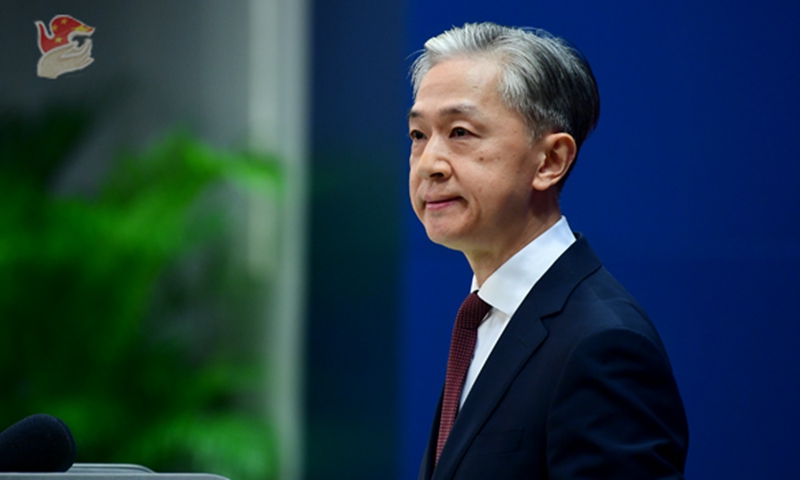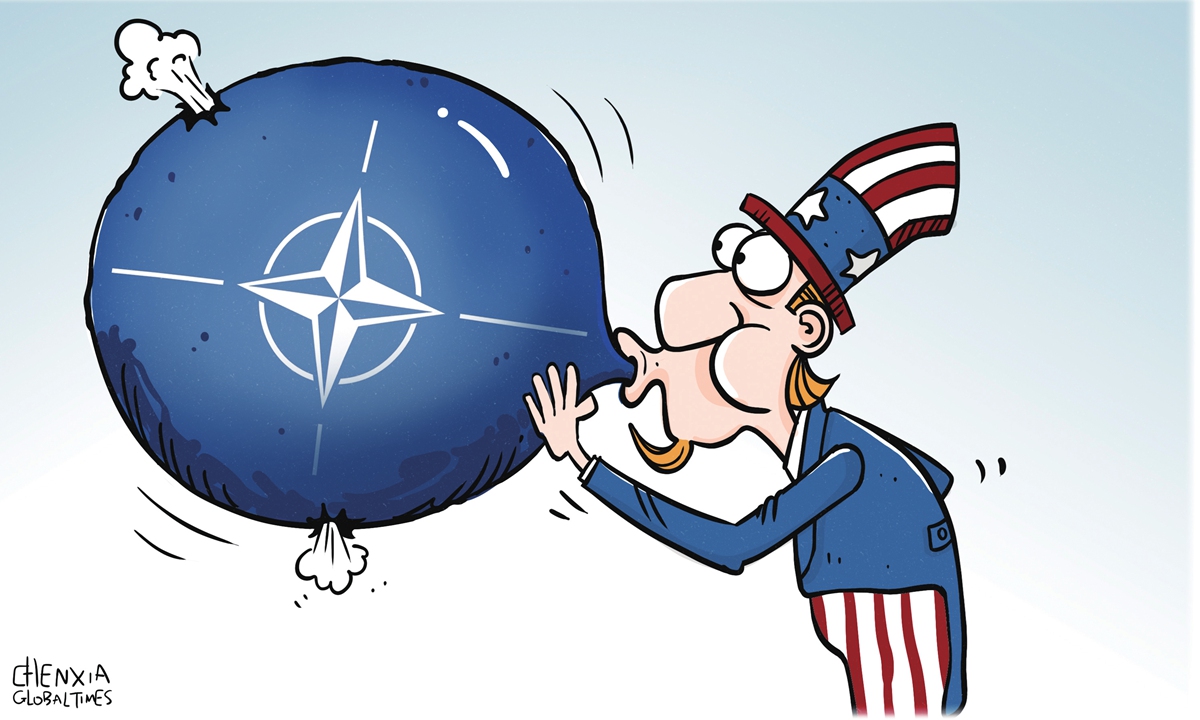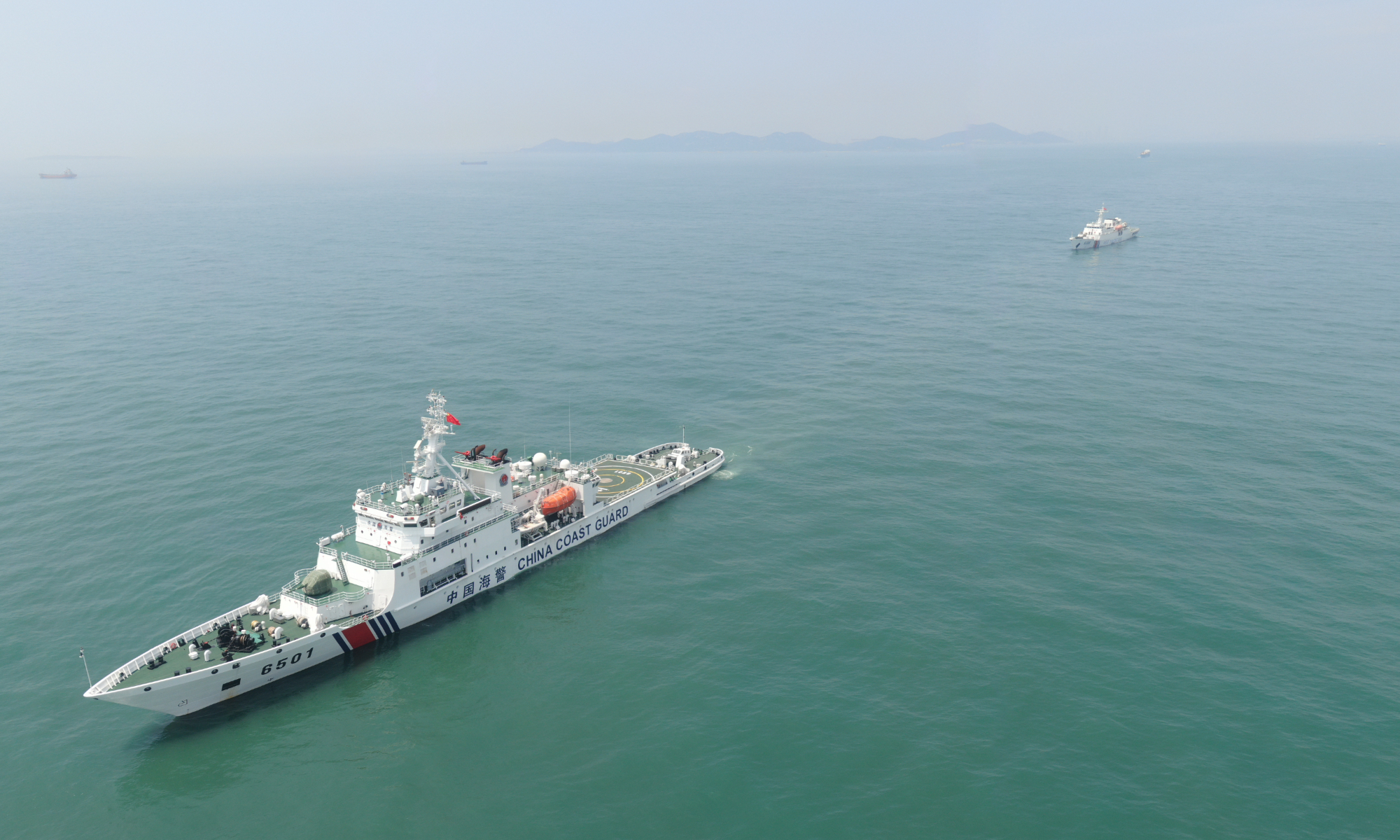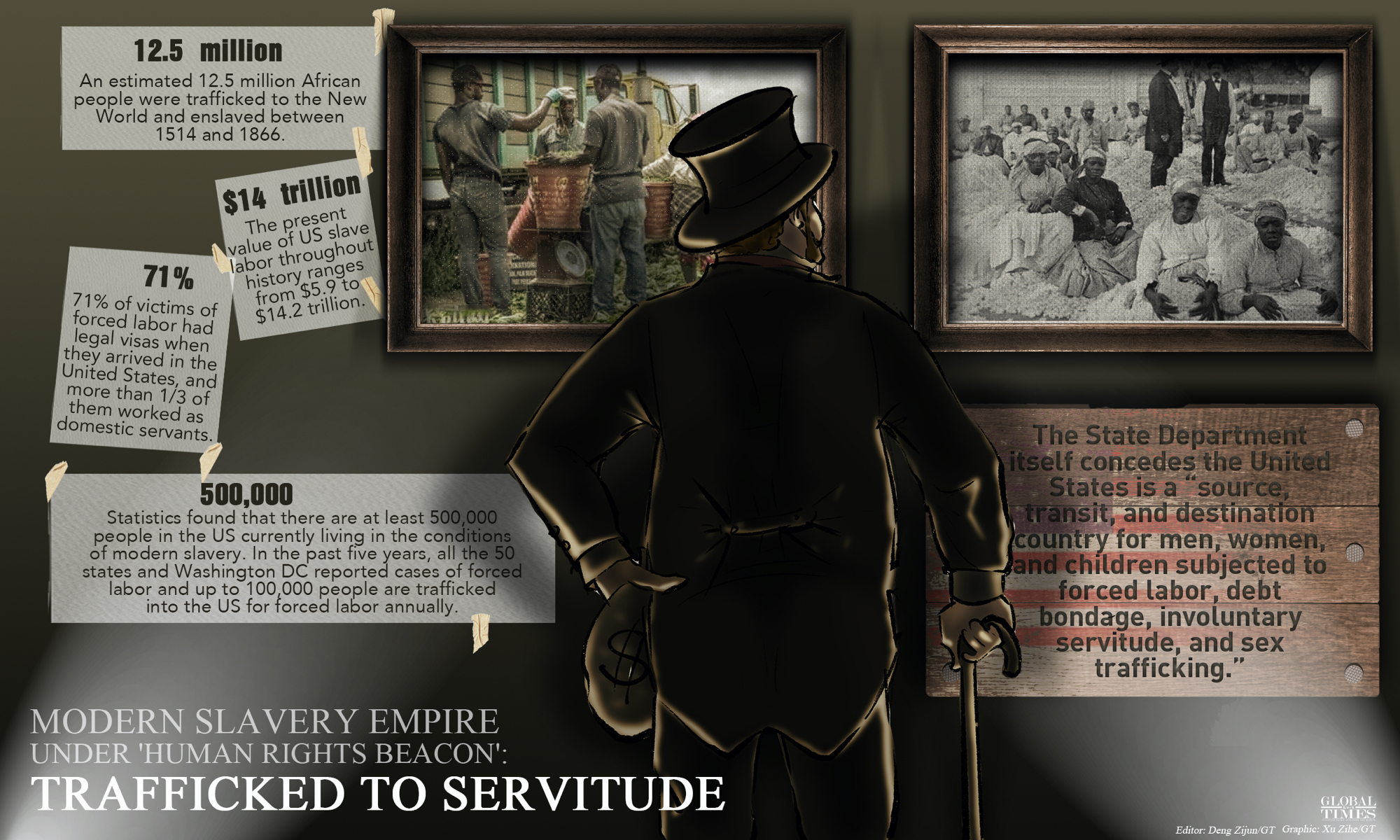'We cannot leave this to the next generation'
On June 14, 2025, Japanese civic organization Chinese Cultural Relics Return Movement Promotion Association hosted a public lecture in Tokyo that focused on Japan's wartime archaeological activities and cultural relics looted from China and called for the return of looted cultural relics and the reconstruction of related academic ethics, according to the Xinhua News Agency.
Founded in 2021, the civic group seeks to push for the return of relics taken during the First Sino-Japanese War, also known as the Jiawu War (1894-95), the Russo-Japanese War (1904-05) and the War of Resistance against Japanese Aggression (1931-45).
Keiichiro Ichinose, a Japanese lawyer and the group's founder, told the Global Times that returning these artifacts is a necessary reckoning with Japan's imperialist and colonial past.
In 2012, the Palace Museum in Beijing published a catalogue listing 15,245 rare Chinese cultural artifacts that entered Japan between the First Sino-Japanese War and the end of World War II in 1945. From 1931 to 1945, Japan looted 1,879 crates of Chinese cultural relics. The total number of items is incalculable, according to Xinhua.
Among these are several artifacts the association is specifically demanding be returned, such as three Chinese stone lions looted from Northeast China's Liaoning Province. Two of them are displayed outside the notorious Yasukuni Shrine, while the third is housed in the Tochigi Prefecture. Another item is the Chinese Tang Honglu well Stele of the Tang Dynasty (618-907), looted from Dalian, Northeast China's Liaoning Province, in 1908 and currently stored out of public view in the Fukiage Garden of Japan's Imperial Palace as "national property," according to Xinhua.
Ichinose told the Global Times that since March 2022, the association has been sending formal requests to the Yasukuni Shrine demanding the return of Chinese cultural property. It was not until May 18, 2023, that they secured their first - and so far only - meeting with shrine staff.
"That day, we spoke with the Yasukuni Shrine's general affairs director and section chief," Ichinose recalled.
"We submitted a second request on July 26, 2023. On August 9, we received a response saying there were 'no developments to report at this time.'"
"Still, we submitted a third request on October 4, 2023. On October 18, we got a reply stating that Yasukuni had already 'expressed its stance' and would not offer another meeting," he said.
"At the same year, We sent a fourth petition on November 30, and received a reply on December 13, that was essentially a repeat of their previous response," Ichinose said. "Even when we presented new evidence, the shrine refused to comment. We will continue to press firmly to prevent them from thinking this issue can simply be ignored."
The Chinese Tang Honglu well Stele is considered one of the most significant Chinese artifacts looted by Japan. Ichinose said the association had attempted to negotiate with the Imperial Household Agency through a Japanese lawmaker. However, when the supportive lawmaker lost his seat, talks stalled. The group is currently reaching out to other lawmakers in hopes of reviving the discussion.
Today, many Western countries are returning cultural artifacts looted during colonial times, but Japan shows a negative attitude. Ichinose pointed out this stems from the Japanese government's failure to fully reflect on its history of aggression and colonization. As a result, Tokyo has little intention of addressing these lingering historical injustices, including the return of looted artifacts.
According to him, the Chinese Cultural Relics Return Movement Promotion Association holds regular meetings every month to discuss future actions. Each year, it also organizes two major public gatherings calling on the Japanese government to return looted Chinese relics.
When the association was established in 2021, Ichinose found, very few Japanese people - apart from a handful of scholars - were even aware of Japan's looting of Chinese cultural property.
In recent years, as the group's efforts expanded, media attention increased, and more citizens began voluntarily participating in its events.
"Returning looted Chinese artifacts should have been resolved in the last century," Ichinose told the Global Times. "It keeps getting delayed. As Japanese citizens, we believe it's our responsibility to urge the government to act - we cannot pass this burden on to the next generation."
Return of a mummy head
On May 12, 2025, Egypt's Ministry of Foreign Affairs announced it had recovered 25 smuggled cultural relics of significant historical and artistic value following negotiations with the US, marking the country's latest success in reclaiming looted artifacts, Xinhua reported.
Mohamed Ismail Khaled, secretary-general of Egypt's Supreme Council of Antiquities, told the Global Times that since 2014, Egypt has successfully retrieved more than 30,000 cultural artifacts.
"As someone who has long worked in the field of cultural repatriation, I know that behind every returned artifact lies the tireless effort and perseverance of many people. These relics are not just witnesses of history - they are essential components of our national cultural identity," he said.
In August 2024, three smuggled artifacts, which belong to the Late Period of Ancient Egypt (747-332 BC), were returned to Egypt from the Netherlands: a blue porcelain ushabti statue, part of a wooden coffin decorated with inscriptions of goddess Isis, and a head of mummy in a good state of preservation with remains of teeth and hair, the Egyptian Ministry of Tourism and Antiquities said in a statement, Xinhua reported.
Khaled said the figurine and coffin fragment were found inside an antique store in the Netherlands, and the Dutch and Egyptian authorities conducted necessary investigations that showed they were illegally smuggled from Egypt, reported Xinhua.
A Dutch individual handed over the mummified head, which he had inherited from a family member, to local authorities, according to AP News.
According to Egyptian media, Leiden University later conducted a chemical analysis of the resin preservatives on the mummified head. The composition matched mummies excavated in Alexandria from the same period, and the skull bore surgical perforations consistent with medical texts from Egypt's Ptolemaic Dynasty (305-30 BC). On this basis, Dutch authorities decided to return the mummy head to Egypt.
Although Egypt has made notable strides in recovering artifacts, Professor Alnajib Alabdulla from the Department of History at Cairo University told the Global Times that the repatriation process remains deeply challenging.
First, many relics were taken illegally decades or even centuries ago, and there is often little documentation or hard evidence, which severely hampers recovery efforts. Second, the legal systems and cultural policies of different countries vary widely, complicating negotiations. Lastly, some artifacts are now in private collections or on the auction market, making it extremely time- and resource-intensive to trace their provenance, according to Alabdulla.
Alabdulla said that Egypt plans to sign more bilateral agreements and long-term cooperation mechanisms on cultural protection and restitution. The country will also build a comprehensive digital database to document each artifact for easier identification and tracking.
Restoring African dignity
Recently, at the National Museum of Ethnology in Leiden, the Netherlands, a staff member wearing blue latex gloves carefully removed a priceless artifact from its display, gently placed it on a padded surface, and wrapped it in several layers of special protective paper.
According to AFP, the item was a Benin Bronze, an invaluable artifact looted from present-day Nigeria more than 120 years ago. It is now being prepared for repatriation.
Rev. Anamah N.U.B, head of the Cultural Industries and Heritage at Nigeria's Ministry of Art, Culture, Tourism and the Creative Economy, told the Global Times that as an ancient African civilization, Nigeria has spent decades working to reclaim its looted cultural heritage.
Anamah said that in recent years, Nigeria's Ministry of Foreign Affairs has led the charge in recovering these treasures.
As a result, countries such as the UK, the US, and Germany have already returned or committed to returning certain artifacts.
"However, some countries or institutions in possession of looted relics often show reluctance to return them," Anamah said.
He said that these countries should not only return the artifacts but also pay reparations to the source nations, as they have benefited economically from these items over the past centuries.
As the global push for artifact repatriation gains momentum, not only governments but also civil organizations are playing a crucial role in driving the process forward.
One such organization is Open Restitution Africa, founded in 2020. It aims to reshape the global narrative to center African voices in heritage discourse.
Members of Open Restitution Africa shared extensive documentation with the Global Times, detailing the historical significance of various African artifacts, their illicit removal from the continent, and the current status of their repatriation efforts.
In 1830, the Véro brothers, French specimen makers, exhumed the remains of a warrior in what is now around Botswana and South Africa and turned the body into a display specimen. After changing hands several times, the remains were put on public display in 1916 at a museum in Spain, under the label "The Negro of Banyoles," according to the BBC.
For decades, the exhibit went unchallenged - until 1991, when Alphonse Arcelin, a Haitian doctor of African descent, wrote to Banyoles authorities demanding the remains be returned for burial.
His call was initially met with resistance from local politicians and the public. Following years of intense negotiations, the human remains were returned home in 2000.
According to the Open Restitution Africa, returning the remains of "The Negro of Banyoles" and ensuring a proper burial was vital - not only for restoring the dignity of the deceased but also for affirming the dignity of all the people of Africa.




